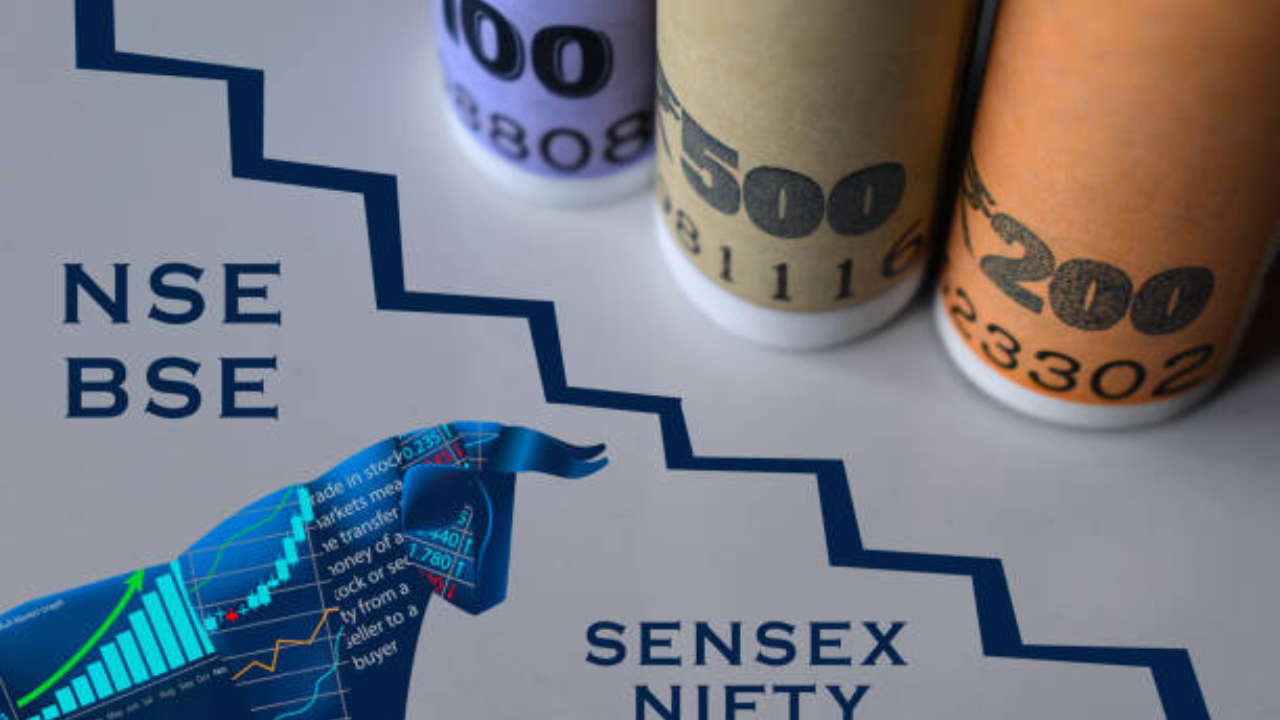

Buy Indian Stocks In Dip, Jp Morgan Appels To… (image source: iStock)
As India going for general elections spanning six weeks from April 19, with results due on June 4, financial institutions like JPMorgan Chase & Co. and Goldman Sachs Group Inc. are forecasting increased investor interest. The anticipation of Prime Minister Narendra Modi securing a third term fuels expectations of continuity in market-friendly policies, infrastructure spending, and efforts to attract foreign direct investment.
Buy Indian Stocks In Dip, Use Poll Volatility
JPMorgan Chase & Co.’s private banking unit advocates for investors to capitalize on potential fluctuations in Indian stocks during the election period. With India emerging as a preferred investment destination for those diversifying away from China, the electoral process presents a strategic window. The projected victory of Prime Minister Modi’s Bharatiya Janata Party (BJP) bodes well for sustaining the government’s focus on infrastructure modernization and fostering manufacturing growth, factors that have propelled Indian equities to record highs amidst robust economic expansion.
Structural Growth in Indian Equities
According to a Bloomberg report, Alexander Wolf, head of Asia investment strategy at JPMorgan Private Bank, emphasizes the enduring structural growth potential within Indian equities. Despite acknowledging the elevated valuation levels, Wolf advocates for strategic positioning, suggesting that long-term investors should at least maintain a ‘neutral’ stance relative to benchmarks, with a bias towards an ‘overweight’ position. This perspective underscores confidence in India’s growth trajectory and its capacity to outperform broader market indices over the long term.
Valuation Dynamics and Investor Sentiment
The remarkable rally in Indian equities has catapulted the nation’s USD 4.5 trillion stock market into one of the world’s most expensive domains. The MSCI India Index currently trades at approximately 23 times next year’s projected earnings, surpassing valuation multiples observed in the US equities market. While this premium valuation has prompted some global asset managers to reduce their exposure to Indian markets, Wolf contends that Indian stocks, while not presenting compelling valuations, do not exhibit signs of excessive exuberance. This nuanced assessment underscores the recognition of India’s high growth potential and its commendable track record of earnings performance, thereby justifying a relatively higher valuation multiple.




























